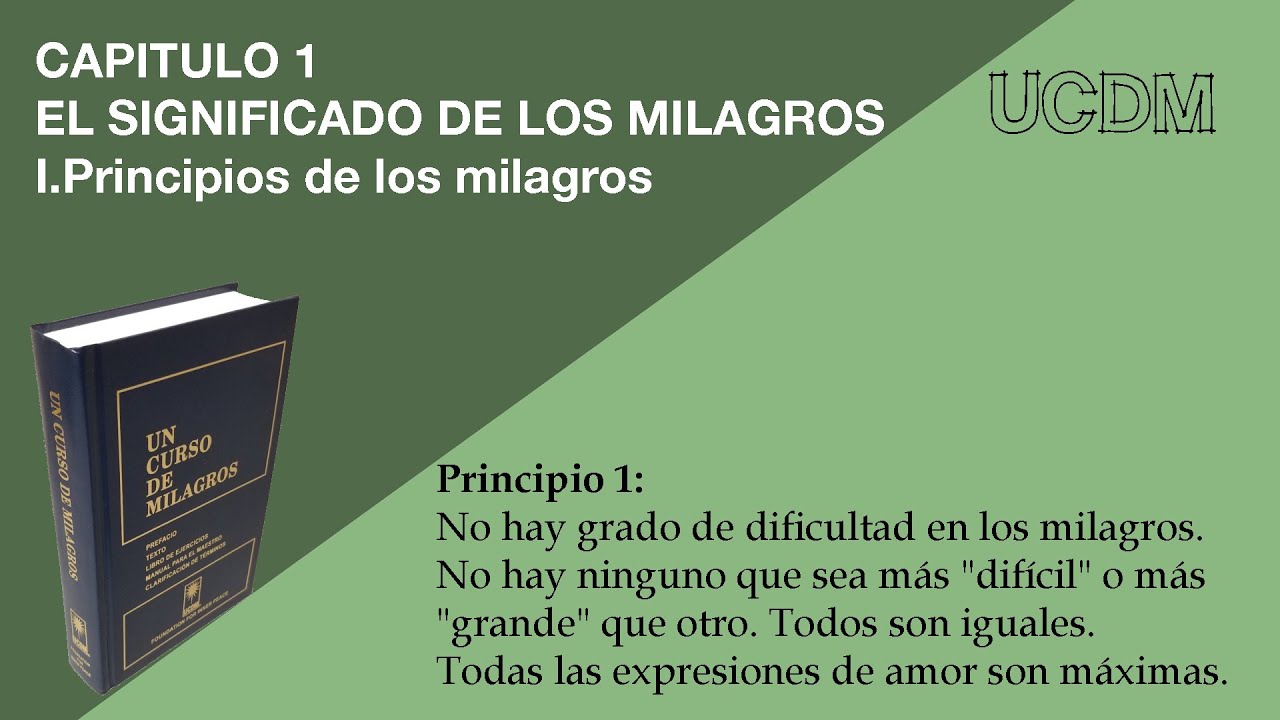Education, the cornerstone of human development, has undergone a remarkable transformation over the years. From traditional classroom settings to cutting-edge online platforms, the landscape of learning is continually evolving. The advent of technology has led to an unprecedented democratization of knowledge, breaking down geographical barriers and making a course in miracles more accessible than ever. Online courses, webinars, and virtual classrooms have become integral to modern education, offering flexibility and convenience to learners of all ages.
Personalized learning, another significant stride in education, recognizes that every individual has unique strengths and challenges. This approach tailors teaching techniques and content to suit different learning styles, optimizing comprehension and retention. Alongside this, the role of educators is shifting from being mere disseminators of information to becoming mentors and facilitators who guide students through their learning journeys.
However, this evolution also comes with its share of challenges. The digital divide, characterized by unequal access to technology, threatens to exacerbate educational inequalities. As education becomes more technology-dependent, ensuring that all students have equitable access to learning resources becomes a pressing concern. Moreover, the authenticity of online information and the proliferation of misinformation pose critical challenges, emphasizing the need for digital literacy skills to navigate the information landscape effectively.
The pandemic-induced remote learning boom showcased both the potential and the limitations of online education. While it allowed education to continue amidst unprecedented disruptions, it also underscored the importance of physical classrooms for social interaction, hands-on experiences, and holistic development. Thus, the future of education might lie in a blended approach, merging the benefits of digital tools with the richness of in-person engagement.
In the realm of higher education, the concept of lifelong learning is gaining momentum. Rapid technological advancements require professionals to upskill or reskill continuously. Universities and online platforms are adapting by offering micro-credentials, nanodegrees, and short-term courses that cater to specific industry demands, providing learners with targeted skills for the ever-evolving job market.
In conclusion, education stands at a crossroads of innovation and tradition, with technology propelling it into new horizons. The journey from conventional classrooms to digital interfaces marks a significant shift in how we perceive and impart knowledge. While challenges such as accessibility and digital literacy need concerted efforts, the potential for a more inclusive, personalized, and dynamic learning experience is promising.




